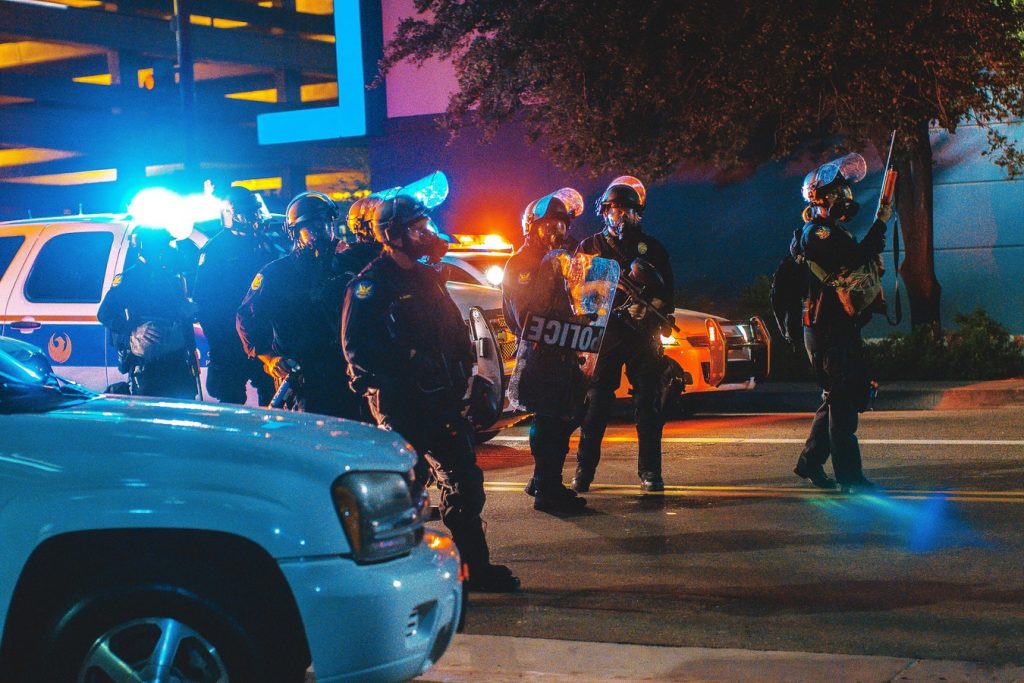Legal vs. Illegal Search and Seizures in California


In California, law enforcement can search a person, vehicle, home, or other personal property if it is believed the person committed a crime. However, the Fourth Amendment of the U.S. Constitution protects all American citizens from unlawful search and seizure.
So, when can law enforcement conduct a search? When is a search and seizure considered illegal? And what happens to the contents found when a search has been conducted illegally?
Legal Search and Seizures
If police officers have a valid search warrant signed by a judge, they can conduct a search and seizure. Before obtaining a search warrant, law enforcement must meet several requirements and prove a number of elements to the judge issuing the warrant. Search warrants are not easy to obtain, but it can be done, especially in a longer investigation.
There are some exceptions that do not require law enforcement officials to obtain a warrant. They are:
- Search and seizures performed with the person’s consent;
- Search and seizures pertaining to a lawful arrest when the police are searching for weapons that could be used against them, or criminal evidence that could be destroyed;
- Searches done for inspection purposes, such as when a person is crossing an international border;
- Vehicle searches when the police have probable cause that there is criminal evidence within the vehicle, known as the automobile exception;
- Searching items that are within plain view of law enforcement while they are conducting an otherwise lawful search;
- Searches and seizures performed in emergency situations to prevent someone experiencing physical harm, property damage, or to find a suspect that has fled;
- Criminal suspects who are frisked or have the exterior of their clothes searched in order to locate weapons after being detained; and
- Search and seizures occurring in an area in which a suspect has no reasonable expectation of privacy.
These exceptions will vary depending on the type of property that is being searched. For example, searching someone’s home will have different requirements than searching someone’s smartphone.
Illegal Search and Seizures
Police officers cannot conduct a search and seizure whenever they would like to. They must have a warrant or meet specific requirements for conducting a search without a warrant.
In September 2016, Governor Jerry Brown signed a reform bill that made it more difficult for law enforcement to conduct seizures without a warrant. The bill, SB 443, requires that a person be convicted of a crime before property believed to be related to that crime can be seized. This is known as equitable sharing and takes effect when the property to be seized is valued under $40,000. The bill went into effect in 2017.
When police enter evidence obtained through an illegal search and seizure, that evidence may be inadmissible in court under the exclusionary rule, which was established throughout the entire country in 1961. This is an important consideration when a criminal case is being heard in court. If there is a piece of damaging evidence that was obtained illegally, it may be thrown out and greatly affect the outcome of the case.
How JD Law Can Help
For evidence to be thrown out of court by a judge, the defense attorney must prove that the search was illegal—either that the police did not have a proper warrant, or the search did not meet the exceptions.
Many times, a defendant will say the police had no authority to search his property, while the officer in question will claim he had the defendant’s permission to perform the search. It can be difficult to prove that a search and seizure was illegal, which is why it is so important to hire an experienced San Diego criminal defense lawyer to handle your case. JD Law will fight to ensure that your rights are upheld. Call us today for a free consultation at (760) 630-2000.
Don’t Waste Any Time!
Call us today for a FREE Consultation
(760) 630-2000


- Criminal Law Expert - Led by a Board Certified Criminal Law Specialist. Read More
- 100s of Cases Tried - Since 1990, James Dicks has represented hundreds of clients. Read Bio
- Client Approved - Read our online testimonials from satisfied jD LAW Clients. Yelp Reviews
- May 30, 2024
When Juveniles Are Accused of Violent Crimes - May 20, 2024
What Should You Do During a Traffic Stop? - May 10, 2024
The Legal Concept of ‘Intent’ in Theft Crime …
 RSS
RSS




